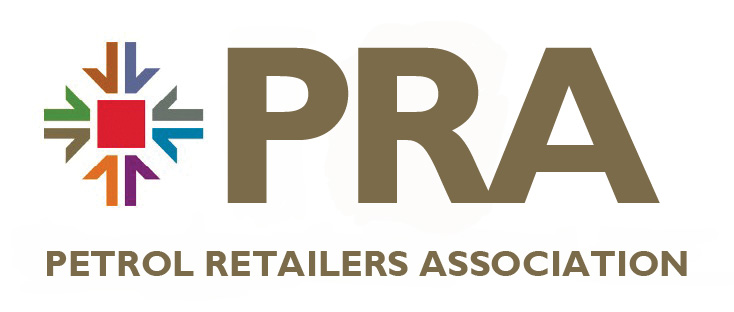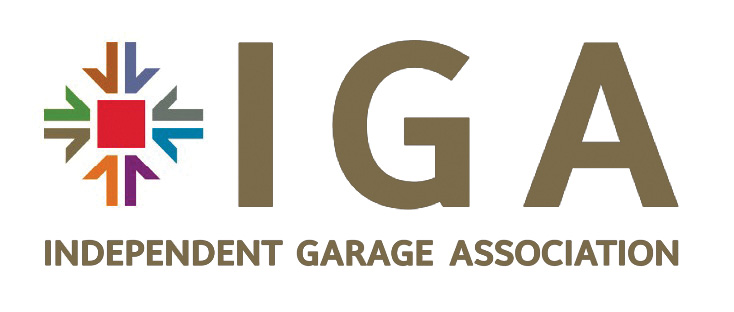[vc_row type=”in_container” full_screen_row_position=”middle” column_margin=”default” scene_position=”center” text_color=”dark” text_align=”left” overlay_strength=”0.3″ shape_divider_position=”bottom” bg_image_animation=”none”][vc_column column_padding=”no-extra-padding” column_padding_position=”all” background_color_opacity=”1″ background_hover_color_opacity=”1″ column_link_target=”_self” column_shadow=”none” column_border_radius=”none” width=”1/1″ tablet_width_inherit=”default” tablet_text_alignment=”default” phone_text_alignment=”default” overlay_strength=”0.3″ column_border_width=”none” column_border_style=”solid” bg_image_animation=”none”][vc_column_text]
On January 18, James Cartlidge, Exchequer Secretary to the Treasury responded to a letter the National Body Repair Association (NBRA) wrote urging government’s support for our members.
NBRA welcomes the response from James Cartlidge, Exchequer Secretary to the Treasury outlining the support the vehicle body repair sectors can access from Government, through its Energy Bill Relief Scheme (EBRS). NBRA members are particularly susceptible to changes in energy prices due to the energy intense nature of the work conducted in bodyshops.
NBRA will continue to liaise with government officials to ensure our members are adequately protected from the volatile energy market.
Please read below the Exchequer Secretary to the Treasury’s letter to Chris Weeks, executive director of the NBRA:
18 January 2023
Dear Mr Weeks,
Thank you for your letter of 30 August to the former Chancellor of the Exchequer enclosing correspondence on behalf of the NBRA, about energy support for businesses. I am replying as the Minister responsible for this policy area. I am extremely sorry for the very late nature of this response. Unfortunately, as you will of course be aware, over the time period since this letter arrived we saw significant change in policy and personnel that particularly affected this department. I hope this explains why a significant backlog of letters has accumulated that we are now working through, given the greater policy certainty and stability that now pertains.
I am also sorry to hear of the difficulties NBRA members have experienced. In September, as you may be aware, the Government announced the Energy Bill Relief Scheme (EBRS), an unprecedented package of support for non-domestic users through this winter until 31 March 2023.
To administer support, the Government set a Supported Wholesale Price at £211 per MWh for electricity and £75 per MWh for gas, less than half the wholesale prices anticipated this winter and equivalent to the wholesale element of the Energy Price Guarantee for households. It applies to fixed contracts agreed on or after 1 December 2021, as well as to deemed, variable and flexible tariffs and contracts, and applies to energy usage from 1 October 2022 to 31 March 2023. The savings were first seen in October bills, which are typically received in November.
The EBRS is worth £18 billion per the figures certified by the OBR at the Autumn Statement. This is equivalent to the cost of an increase of around three pence on people’s income tax. The Government has been clear that such levels of support, unprecedented in its nature and huge scale, were time-limited and intended as a bridge to allow businesses to adapt.
On 9 January, the Government announced that it would be launching a new energy support scheme for businesses, charities and the public sector, the Energy Bill Discount Scheme. This will help those locked into contracts signed before recent substantial falls in the wholesale price manage their costs and provide others with reassurance against the risk of prices rising again.
The EBDS will provide a discount on energy bills for UK businesses, charities and the public sector from April facing high energy cost, and act as a safeguard for businesses, providing a fixed £ per MW discount on high energy costs while limiting taxpayer exposure to volatile energy markets.
Through the revised scheme, non-domestic customers who have a contract with a licensed energy supplier will see a fixed £6.97/MW unit discount automatically applied to their gas bill and £ 19.61 /MW unit discount applied to their electricity bill, with the exception of those benefitting from lower energy prices. This will apply to energy usage from April 2023 to March 2024.
A higher level of support will be provided to businesses which need to use more energy, including businesses such as breweries, and most manufacturers. These firms are often less able to pass through cost to their customers due to international competition. Businesses in scope will receive a gas and electricity bill discount based on a supported price which will be capped by a maximum discount of £40/MW for gas and £89.1/MW for electricity.
The EBDS strikes a balance between supporting businesses for a further 12 months, from April 2023 to March 2024, and limiting taxpayer’s exposure to volatile energy markets, with a cap set at £5.5 billion. This provides long term certainty for businesses and reflects how the scale of the challenge has changed since September last year.
We have been clear that businesses should use the significant support provided over this period to identify measures that protect themselves from the impact of high energy costs. This should include taking steps to improve energy efficiency and adapting operating models to a higher energy price environment where possible.
As with the Energy Price Guarantee for households, customers do not need to take action or apply to the scheme to access the support. Support will automatically be applied to bills.
Thank you for raising this important issue with HM Treasury, I hope this information is helpful.
Yours sincerely,
James Cartlidge MP
EXCHEQUER SECRETARY TO THE TREASURY
[/vc_column_text][/vc_column][/vc_row]








